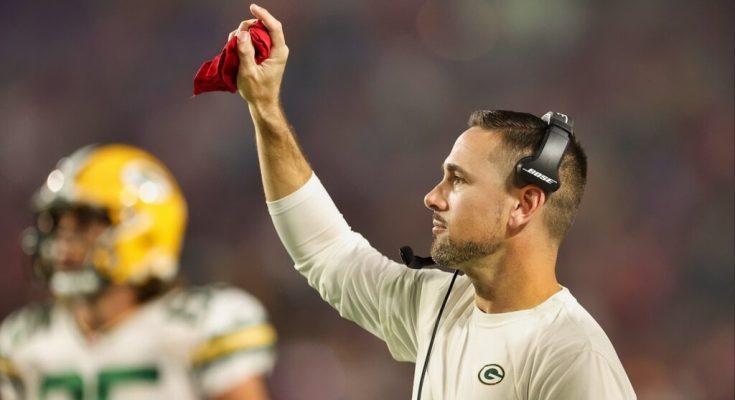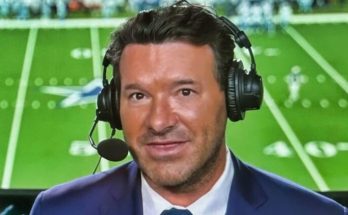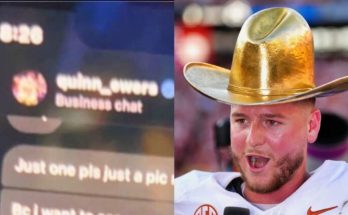The rules about challenges in the NFL often lead to interesting conversations among fans and analysts. With the 2024 NFL season currently in progress, it’s important to understand these rules because they can greatly impact the outcomes of games and the decisions teams make during crucial moments.
Each NFL team starts a game with two challenges. If a team successfully wins both of their first challenges, they can receive a third challenge. However, teams can only challenge plays if they still have timeouts available. If they run out of timeouts during a half, they cannot challenge any calls for the rest of that half.
In addition to the challenges that coaches can make, certain plays are automatically reviewed, especially during key moments of the game. In the last two minutes of each half, a replay official reviews plays related to scoring, turnovers, and player disqualifications. Outside of these critical times, some specific plays are also automatically reviewed without needing a coach’s challenge:
- Any scoring play (like touchdowns or field goals)
- Turnovers, such as interceptions and fumbles
- Failed fourth-down conversions
- Player disqualifications
These automatic reviews help ensure that important decisions are checked carefully, which reduces the chances of mistakes that could change the game’s outcome.

A lot is at stake when a coach decides to challenge a call. If the challenge is unsuccessful, the team loses a timeout. This is crucial because if a team has already used its timeouts, they cannot challenge any more plays, which could put them at a disadvantage. Additionally, if a team loses one of its first two challenges, it cannot earn a third challenge.
When NFL Coaches Can—And Can’t—Challenge Calls On The Field
Coaches can challenge a variety of plays, including scoring plays, whether a pass was caught or not, and if a player was down before fumbling the ball. However, not all decisions on the field can be reviewed. According to NFL rules, coaches cannot challenge the following situations:
- All fouls, except for counting the number of players on the field
- The spot of the ball, unless it affects a first down or goal line
- Whether a player’s forward progress was stopped
- Erroneous whistles
If a coach tries challenging a play that cannot be reviewed, their team loses a timeout. This shows how important it is for coaches to understand the challenge system. For example, Pittsburgh Steelers coach Mike Tomlin lost a timeout when he tried challenging a call that was not eligible for review.
Knowing how the challenge system works is essential for NFL teams trying to win games. Each team has two initial challenges, with a chance to earn a third if they are successful. Automatic reviews for specific plays help maintain fair officiating. Teams need to think carefully about when to use their challenges, balancing the risk of losing timeouts with the need to overturn important calls.



